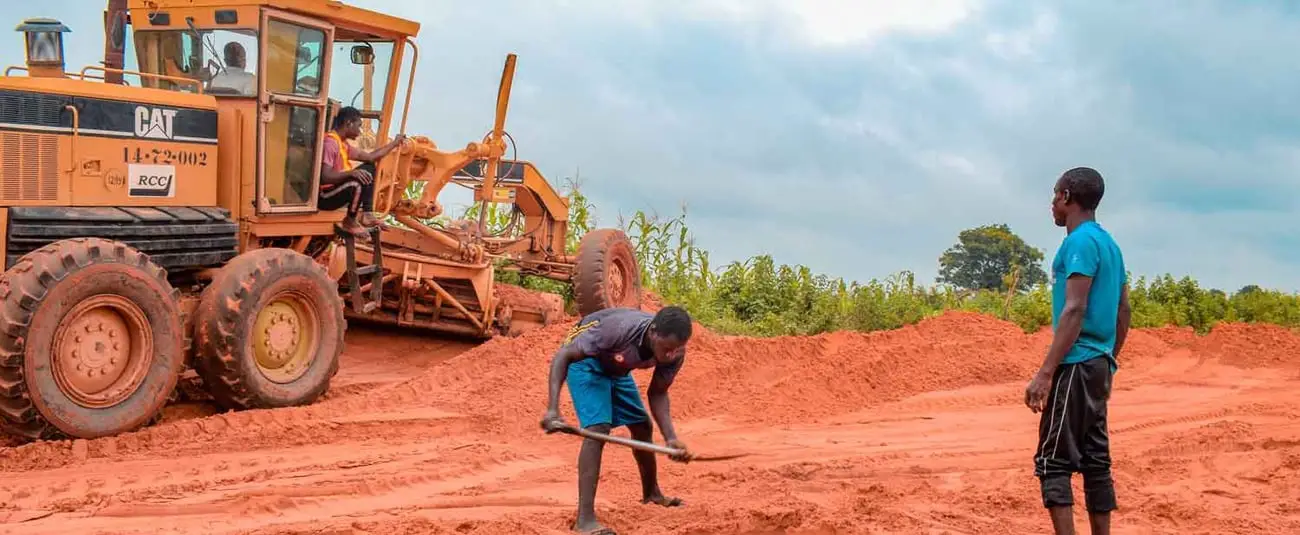The African Development Bank Group (AFDB) Board of Directors has approved a loan of $115m to support major road rehabilitation project in Abia State, Nigeria. The project will see the rehabilitation of roads, infrastructure for preventing erosion. As well as solid waste management facilities in the state capital, Umuahia, and the commercial hub, Aba.
The Islamic Development Bank will provide a $125m co-financing loan to help cover the project’s expected $263.80m overall cost. As well as $15m loan from Canada-African Development Bank Climate Fund, and a $100m loan from the African Development Bank. In exchange, the Abia State government will provide $23.80m toward compensation for project-related damages and the execution of a Resettlement Action Plan.
Also Read: MoU signed to distribute 10 MW of solar power through Power-as-a-Service solution in Nigeria
Overview of the road rehabilitation project in Abia State
A total of 248.46 km of roads will be rehabilitated under the project. As well as 58.03 km of roads in Umuahia and 190.43 km of roads in Aba. Which is anticipated to be completed in 2029, to asphaltic concrete standards at different cross sections.
According to a statement released by the bank on Sunday, the road rehabilitation project will also focus on building capacity, managing projects, and creating social infrastructure, including rehabilitating schools and installing sanitary facilities in them as well as in community markets and clinics.
Additionally, the project will generate roughly 1,000 permanent jobs during the operational phase. As well as 3,000 temporary jobs (with 30% of those jobs going to women) during the construction phase. The youth, who will make up 50% of the project, will especially benefit from the permanent jobs. The State Youth Road Maintenance Corps, will teach them in contract management.
Lamin Barrow, Director-General of the African Development Bank’s Nigeria Country Department, said the project will increase resilience by giving the communities access to urban infrastructure services, such as economic and social amenities
Barrow said, “The results of the road rehabilitation project will provide access to social and economic amenities. Which will assist create more liveable and sustainable urban areas.”

Leave a Reply